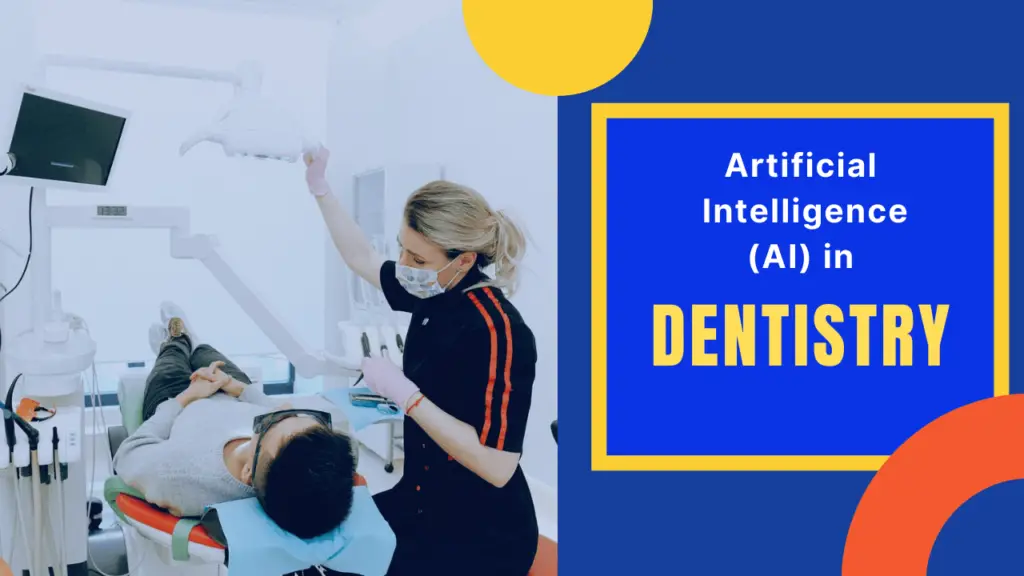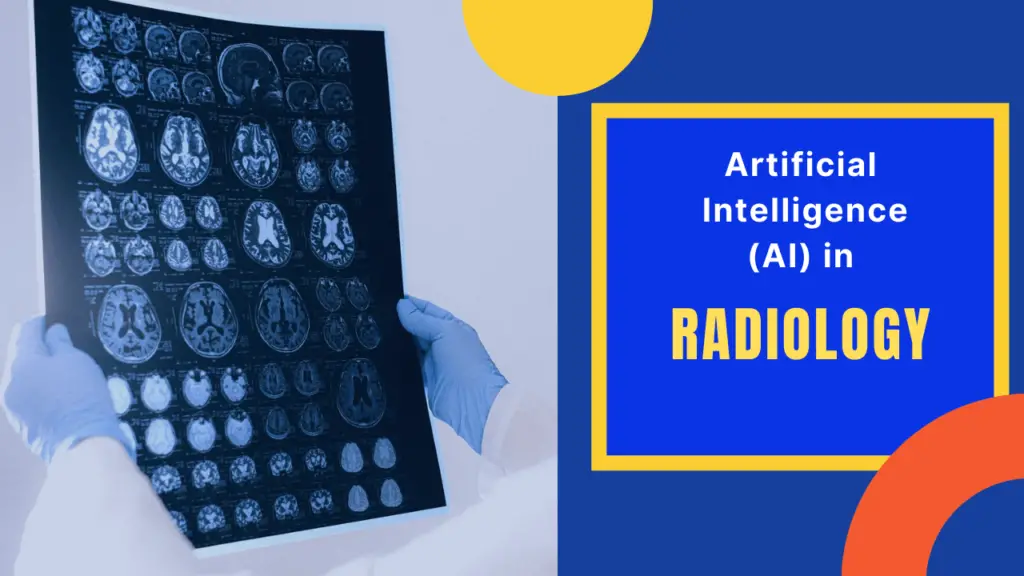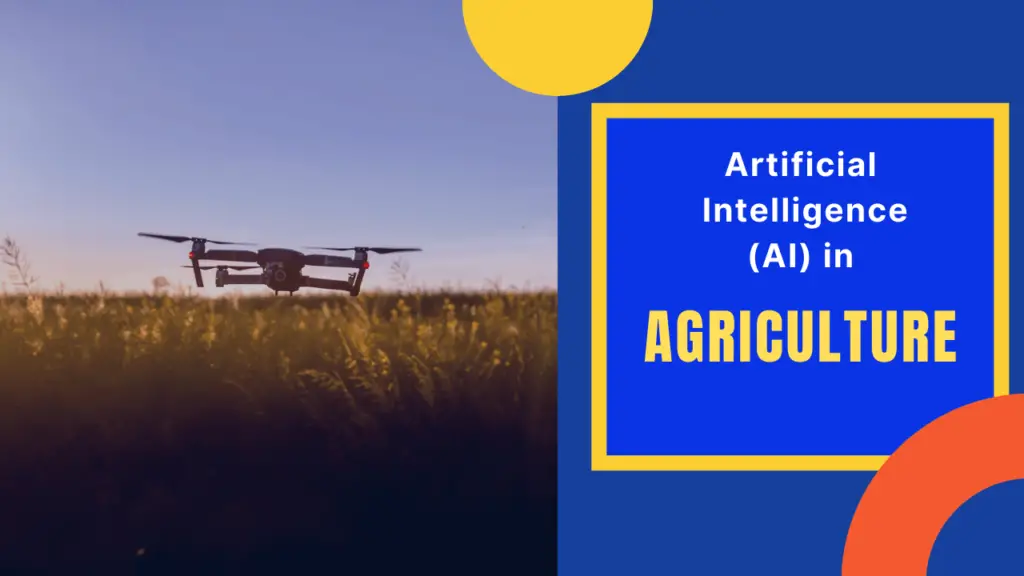Artificial intelligence is influencing our daily lives with virtual assistants such as Google Assistant and Siri. Healthcare will be revolutionized by AI in near future. AI not only enables reading MRI and CT scans but also assists doctors to follow the latest research. Likewise, AI has many different applications in dentistry. It is speculated that dentistry would be the fastest branch of medical science to adopt AI.

Data Abundance in Dentistry
Encounters of patients at every treatment step generate several types of data. Whether patients book appointments or take the routine bitewing X-rays, helpful data is generated. Data is even generated outside the dental clinic. For instance, a patient leaving a review on a social media platform or a dentist marketing his practice. Moreover, thousands of research papers are getting published around the globe. Dentists need to follow the latest technological trends and apply the latest treatment options. There is an ocean of information that cannot be easily processed by a small business. Wherever large datasets are involved, there is an opportunity to better understand AI. Data gets generated in several formats such as text, video, audio, and tables. AI is not only used for performing data analytics but also plays a key role in carrying out routine tasks which helps dentists reduce workload and build better connections.
Top 8 Applications of Artificial Intelligence in Dentistry
Here are some of the major characteristics of AI in the Dental sector:
1. Smart Teeth Technology
Smart teeth technology is transforming dental care. It helps to better comprehend the link between teeth and an individual’s overall health. AI in dentistry helps formulate smart teeth. For instance, dentists check the patient’s dental information via smart toothbrushes. With AI, dentists get insights into what is going on inside the patient’s oral cavity like dental issues and brushing habits. Thereby the dentists evaluate patient data and give valuable advice to their patients.
2. Dental Analytics
A good dental practice depends on how well you run your office. It is hard to get an idea of how things are going without data-driven dental practice analytics. Using dental analytics helps dentists better manage their services via software. This technology enables dentists to focus on delivering the finest oral care to patients while simultaneously managing their business operations. That’s how the welfare of patients is prioritized.
3. Checkup Alerts
AI in dentistry greatly helps to alert both the dentists and patients about checkups whenever any data indicates susceptibility to dental infections.
4. Speech Recognition
Interactive interfaces, as well as speech recognition, enables AI software to assist dentists in performing several tasks. For instance, the AI program may document all important information and efficiently present it to the dentist much faster as compared to a human counterpart. Speech recognition technology is now universal. AI has greatly enhanced voice command capabilities. Two examples of common voice control technologies include Google Home and Amazon Echo. These technologies heavily depend on AI and speech recognition to cater to user expectations.
5. AI integration with Imaging systems
AI can be well trained to perform several tasks because of its ability to learn on its own. AI can be integrated with imaging systems such as MRI to identify deviations from normalcy that would be otherwise unnoticeable by the human eye. AI enables accurately locating landmarks on radiographs that can be employed for cephalometric diagnosis. This all happens due to its ability to obtain information and effectively synchronize.
AI approaches coupled with imaging help diagnose diseases like oral cancer with applications that vary from low-cost screening to algorithm-guided detection of heterogeneity of the oral lesion employing optical coherence tomography.
6. Robotic surgery
An amazing application of AI in dentistry is in the area of oral surgery with the technology of robotic surgery. A critical challenge in robotics is to stimulate human body motion and human intelligence. AI has completely transformed the surgery field and there are currently multiple robot surgeons who effectively perform semi-automated surgical operations guided by an experienced surgeon. Bioprinting is another innovative application of AI in dentistry where living tissue, as well as organs, may be constructed in thin consecutive layers of cells which can be employed for the reconstruction of lost oral tissues due to an accident or injury.
7. Detection of Dental decay
A thorough examination of the teeth and dental radiograph inspection detects dental caries. Radiograph analysis simply offers initial assessments while tooth morphology and incipient decay are better determined by tactile sensation which differs among clinicians. AI improves quality in the dental field by employing image detection and classification. For instance, convolutional neural networks (CNNs) detect dental decay simply by learning the location of carious lesions on radiographs. Dental software is available that creates a fine set of nodes and connections that gather and apply learning by observing actual data. It emulates the learning process of a normal human brain. The software employs a cloud-based algorithm and highlights the dental decay areas on radiographs automatically.
8. Detection of Oral cancer
Neural networks are currently being employed for analyzing images of oral cancer lesions to early diagnose cancer. The survival rate of oral cancer relies on early diagnosis. Hence, several mobile applications were developed to help with early diagnosis. These applications get employed for image capturing of oral lesions for remote diagnosing. The use of AI technology in the early diagnosis of oral cancer may provide a better quality of care since patients can receive the appropriate care at the right time.
Use of AI in dentistry
Although dentists examine patients for dental caries and oral cancer, there are some concerns with the accuracy of dental radiographs and oral exams. AI technology is employed to eliminate inaccuracies and make advancements in the dental field. Since the detection of dental decay and associated treatment is subjective, using AI can standardize dental treatment. This can lead to more accurate diagnosis as well as treatment planning. AI use in dentistry enhances the ability of clinicians to monitor the effectiveness of several treatment modalities.


